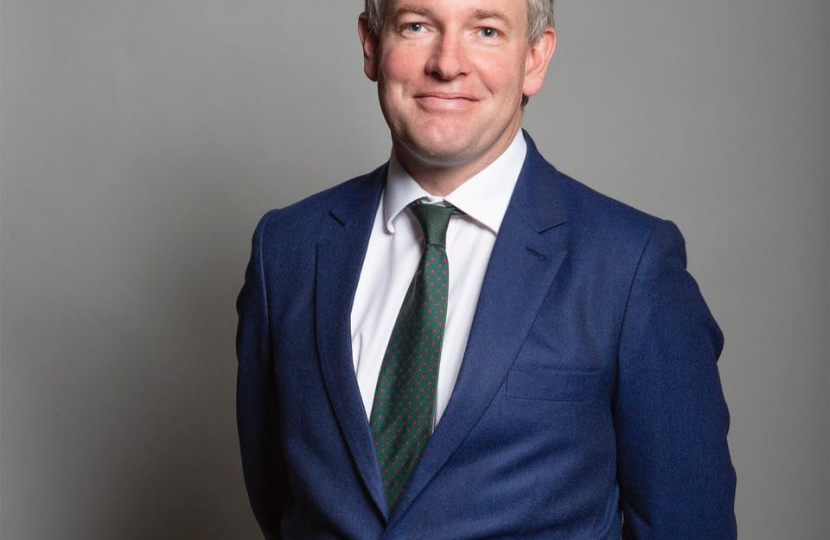
The problem with reshuffles is they muck up the relationships you've carefully been cultivating. On Monday I held a meeting with Robert Jenrick, who was then the Housing Secretary, to introduce him to a group of pioneers from around the country who have created Community Land Trusts (CLTs) to build affordable homes in the places, and at a scale, that local people want. Robert warmly encouraged this model and invited us to send him suggestions for how to facilitate more CLTs. On Wednesday he was out of a job, and about as powerful as I am, which is not very. I will now lobby Michael Gove, who I am hopeful will also want to help.
Wednesday was also Back British Farming day, and a debate was held in Westminster Hall. I spoke, and you can watch my speech here. As ever the tension is between a vision of global trade that delivers a wide range of cheap food products, and a vision of domestic production that reflects the true cost of food and supports our own farmers. They needn't be incompatible but we have to reconcile the tension. As I said in my speech we don't want to reconcile it with a two-tier system, the wealthy eating delicious but pricey British produce and the poor offered cheap low-quality rubbish from abroad. Much needs to be got right about the system we use to support our domestic agriculture and now we are free from the EU (with its barriers to trade with the developing world and its subsidies attached simply to the ownership of land rather than the uses to which it is put) this is the right moment for reform.
One strong proposal came from a farmer near the Ogbournes whom I spent a few hours with on Friday, driving over his land and discussing his options. His main complaint was the decline of British food processing - why don't we do more value-adding on the farm itself or nearby? This would improve quality, reduce food-miles, and empower the farmers against the supermarkets.
Also on Friday, in the council chamber at Marlborough Town Hall, I met a group of stakeholders (i.e. anglers) and experts interested in our local rivers. As I have mentioned before, the three great rivers of southern England (the Bristol and Hampsire Avons and the Kennet, which becomes the Thames) all rise in these parts. Indeed there is a spot north of Devizes called Morgan's Hill where the rainwater drains in three directions, and can end up either in the Atlantic, the Channel or the North Sea. We therefore have a particular responsibility to ensure our rivers are clean - and they are not. There is much to do, and a growing chorus of public and political voices are demanding change.
Marlborough is booming. All the shops I popped into reported good sales after the hard times of the last 18 months. The travel agents were waiting with baited breath for the announcement on new travel rules, which I hope they were pleased about when the news came late on Friday. There is huge pent-up demand for everything, and we should expect a strong economic recovery. We even have a new cinema, created in the old Baptist chapel on the Parade, which opened this weekend. The threat, of course, is shortages of supplies - including of labour. The pubs and cafes all have 'staff wanted' signs.
It is thought that Marlborough's absurdly wide high street reflects a neolithic terrace, a flat field built out from the slope down to the Kennet. This reminds us that though the town is now a medley of boutique shops, its hinterland is a rural economy. If the benefits of Brexit do not include a better system to preserve and enhance our wonderful Wiltshire farmlands, shame on us.




